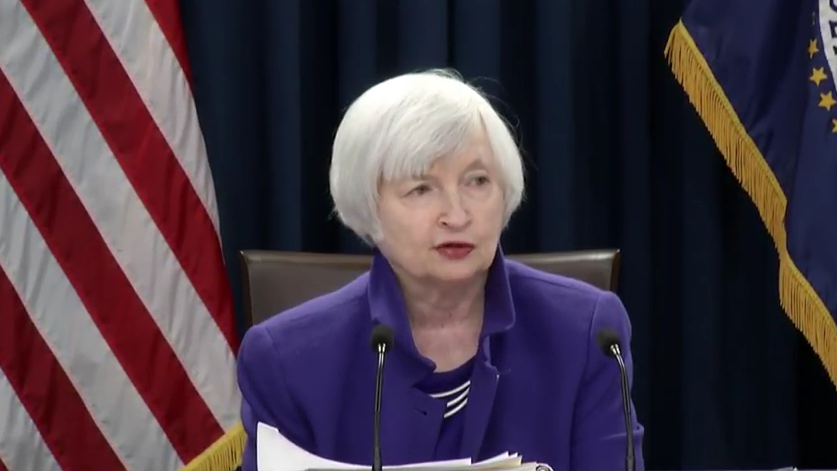1. Sell stocks of companies that announce huge acquisitions, that overdiversify, or that spend a fortune on a lavish new headquarters.
2. Avoid stocks where management picks fights with analysts (or, by extension, hedge funds). See Overstock.com in 2005; Netflix in 2010.
3. Watch out when executives start selling a lot of stock — regardless of plausible-sounding excuses. Top execs in homebuilders, mortgage underwriters and Wall Street dumped billions before the 2008 crash.
4. “Run a mile” from all stocks in an industry going through a huge investment boom: Massive overcapacity and consequent collapse is inevitable.
5. Steer clear of investing in manufacturing companies. Their industries are usually plagued with extreme cycles of boom and bust, overcapacity and slumps.
6. Pay little attention to economists or market gurus.
7. Mistrust all mathematical trading formulas as well — they invariably fail just when you most need them to work.
8. Look for companies where the insiders are buying lots of stock.
9. Look for companies generating a lot of cash — a great sign of sustained outperformance.
10. Look for companies which have monopolies (or near monopolies), and those which manage to take out their main competitors.
11. Remember you are buying businesses, not just stocks. Pay close attention to the quality of the business, and especially the quality of the management.
12. Look for companies which have earned the trust of consumers, and which have very strong brand names.




 This Great Graphic is from theEconomist. It is based on the work of two economists, Betsey Stevenson and Justin Wolfers. A recent research paper looks at the relationship between self assessments of one’s well being and the self-reported annual income.
This Great Graphic is from theEconomist. It is based on the work of two economists, Betsey Stevenson and Justin Wolfers. A recent research paper looks at the relationship between self assessments of one’s well being and the self-reported annual income. 